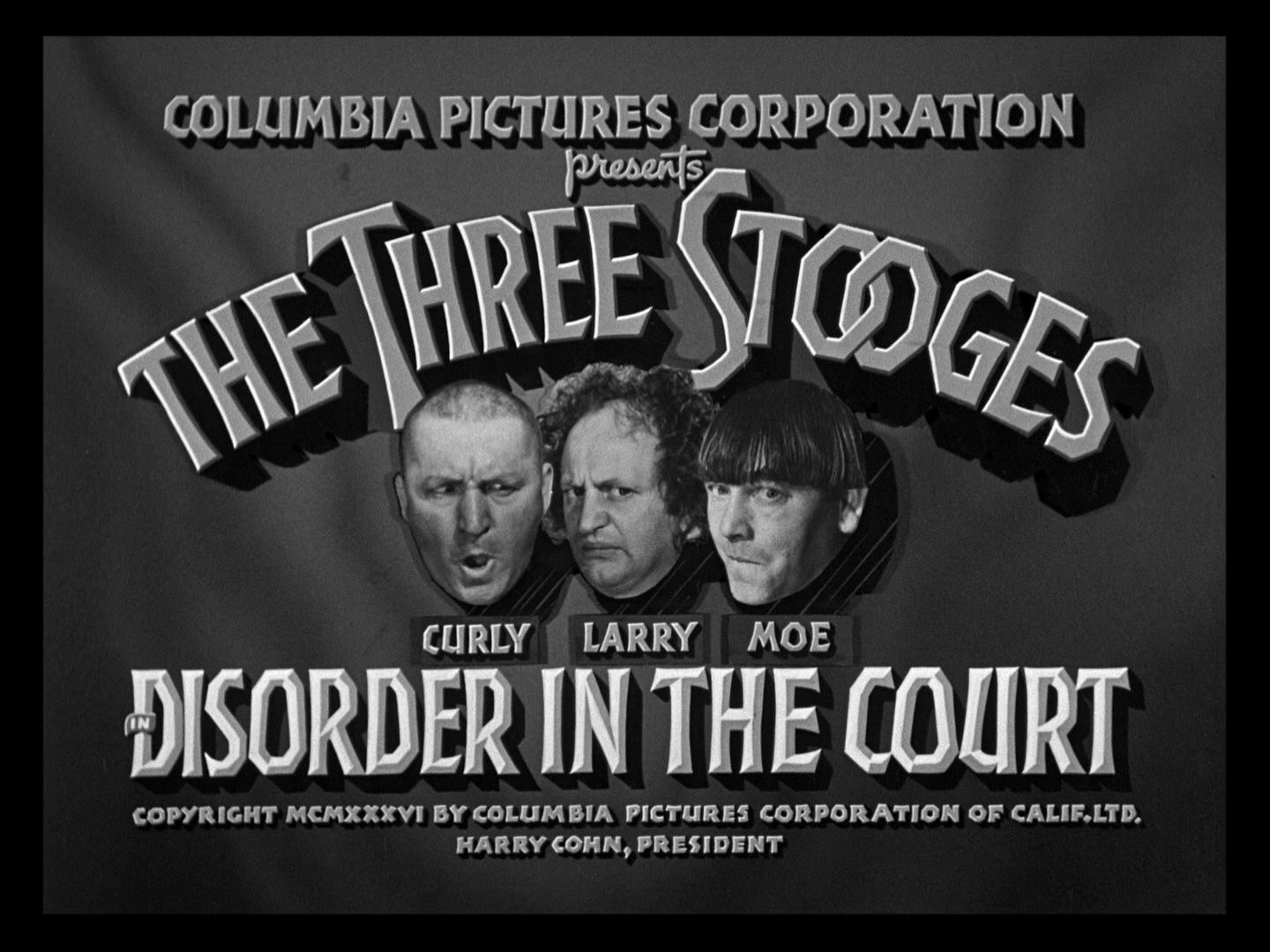That today’s culture wars lack a convenient place to pigeonhole Tom Cornell, whose seven decades of activism in the Catholic Worker movement continued until his passing on August 1, shows their limitations rather than his.
In a 2002 profile, Andrew Blackman noted that Cornell “shares common beliefs with liberals and neo-conservatives, communists and cardinals, and he harshly criticizes all of them.” Cornell was the sort of radical for social justice who told liberals that radicalism didn’t mean being “liberal but more so,” since his analysis of the ills of war and poverty traced them to fundamentally “different premises.” He wasn’t any more accommodating to those who professed his anti-abortion position but who seemed to be only “concerned about people … until they’re born.”
Cornell’s means were just as distinct from partisan politics on either side. In a 2014 interview with Commonweal, he explained: “In the Bible we read, ‘I was hungry and you fed me.’ It does not say, ‘I was hungry and you formed a committee!’ Our thing is just getting down and doing it.”
Cornell’s opposition to the wars in Vietnam and Iraq drew and built on a tradition of Catholic Worker pacifism going back to Ammon Hennacy’s noncompliance with the draft during World War I (Hennacy was the sort of labor comrade Dorothy Day could dub “a pacifist even in the class war”). Cornell was instrumental in legitimizing pacifism as an alternative to just war theology and ensuring, as Karl Hess observed at the American bicentennial, “that when for reasons of conscience, people refuse to kill, they are often exempted from active military duty.”
If, as Hess added, “there are no exemptions for people who, for reasons of conscience, refuse to financially support the bureaucracy that actually does the killing” (since “the state takes money more seriously than life”), that was not for Cornell’s lack of trying. A 1967 petition cosigned by Cornell vouched that living below the minimum income tax threshold was morally preferable to funding the “poisoning of food crops, blasting of villages, napalming and killing of thousands upon thousands of people.”
Raising that income tax threshold would allow more workers of all belief systems to follow Cornell’s example. Meanwhile, the sort of voluntary community organizing pioneered by Cornell and other Catholic Workers to deal directly with social problems could make up for any ensuing budget shortfalls for the functions of the state that aren’t deadly.
New Yorker Joel Schlosberg is a senior news analyst at The William Lloyd Garrison Center for Libertarian Advocacy Journalism.
PUBLICATION/CITATION HISTORY
- “A Pacifist Even in the Tax War” by Joel Schlosberg, Antiwar.com, August 8, 2022
- “A Pacifist Even in the Tax War” by Joel Schlosberg, CounterPunch, August 10, 2022



